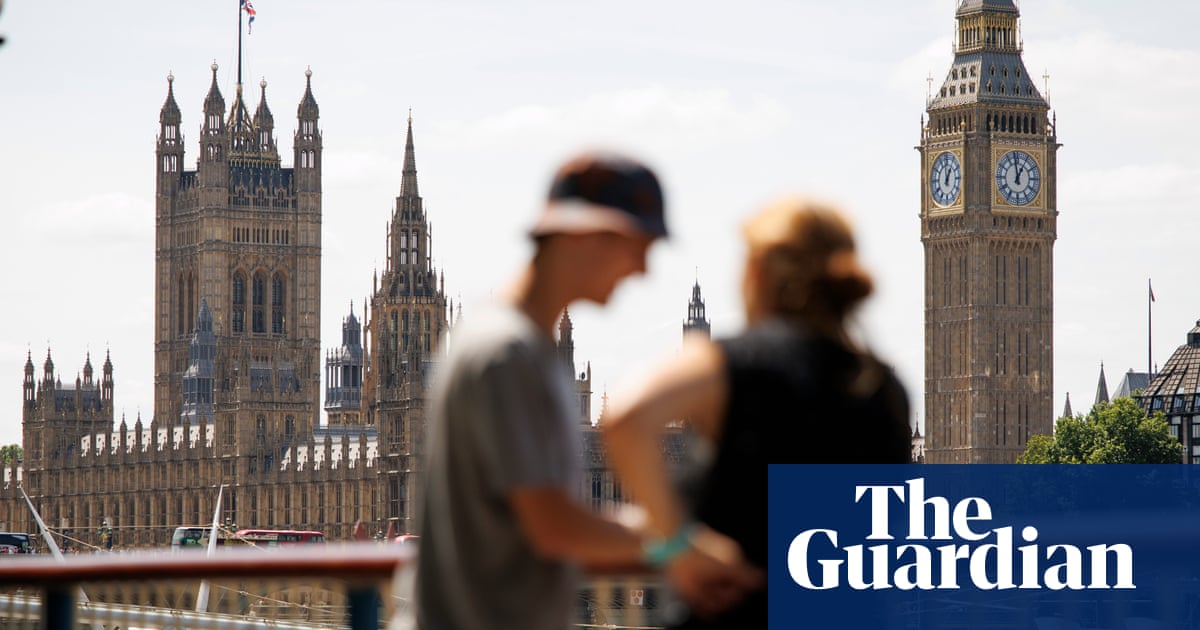The thorny topic of MPs’ pay and funding will be debated by randomly selected members of the public at a new citizens’ forum, as parliament’s watchdog said it was launching an “open and honest conversation” about what democracy is worth.
Invitations are being sent out by the Independent Parliamentary Standards Authority (Ipsa), which this year set thebasic annual salary for an MP from 1 April 2025 at £93,904. It is also responsible for approving MPs’ expenses, which itprefers to callbusiness costs.
The watchdog, set up in the aftermath of theMPs’ expenses scandal in 2010, will send out 10,000 letters via a lottery system in the coming weeks, and about 25 people will ultimately be chosen to sit in the forum and express their views.
The sessions, which will involve a modest payment for participants of about £250, will involve two full days and two evenings of online discussion about pay and funding for MPs.
There is limited public polling on the subject of how MPs are paid and their business costs funded, but one opinion survey from 2021 conducted by Find Out Now found that 3% of people thought MP pay was too low and should be increased whereas 62% thought it was too high and should be reduced. About 8% said they did not know and 27% thought it was set at about the right amount.
In its 2024 report on MP pay, Ipsa said there was “a lack of understanding about how decisions on MPs’ pay are made” and there were myths about MPs having their main private homes funded by taxpayers.
The watchdog is aiming to have a debate about the various functions of an MP, the costs of running their operations and what is fair compensation and support for their roles.
Richard Lloyd, the Ipsa chair, said: “We want to support a diverse and representative parliament, where being an MP is not reserved for those wealthy enough to fund it themselves.
“This is why we believe MPs need to be paid fairly and to be given the appropriate level of funding to be able to run their office. We know people care about our democracy, but we also know trust in democracy remains low, while levels of abuse and intimidation towards candidates and MPs are rising.
“We want to have an honest and open conversation on what democracy is worth to you and get your views on how we should fund MPs.
“If you are one of the people who receives a letter inviting you to take part in the forum, we hope you’ll consider this a great opportunity to share your views.”
The project will be run in partnership with the New Citizen Project and the Sortition Foundation, with sessions held in September.
Alongside this, Ipsa is also planning to engage with the public online and through interested groups to undertake what it is calling its “most ambitious listening exercise since it was created in 2010”. It will also seek input from academics, journalists and other experts under the theme “What’s Democracy Worth”.
The outcome of the citizens’ forum and Ipsa’s wider listening exercise will be presented to its board, which will consider them as part of its decision on how MPs’ pay and funding should be set from 2026 onwards.
